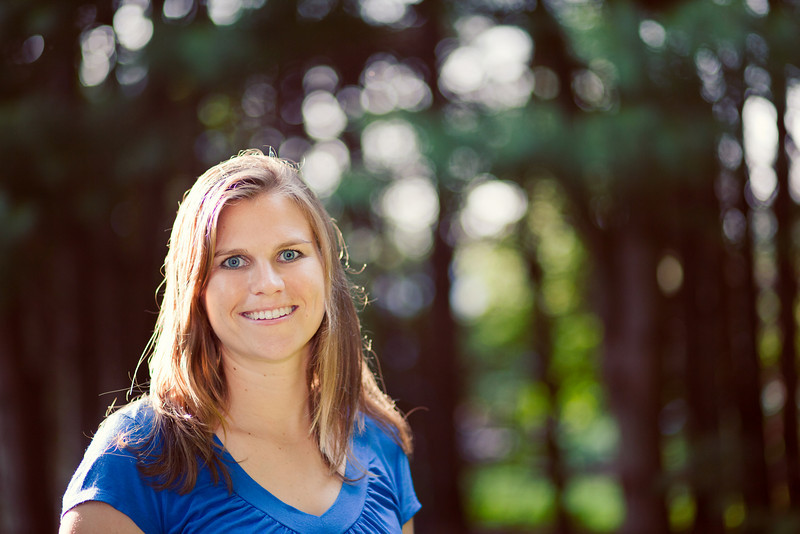Since launching this blog in April, I’ve learned a lot.
I’ve come so far, in fact, that it’s almost embarrassing to read some of my initial posts, when I was confused about newbie details like when to query literary agents (when my memoir is done) and what’s an appropriate word count for my book (90,000 max).
But that’s why I created this blog, to document my learning process so you don’t make the same mistakes I have. When I write my next book, I’ll have this blog to remind me what works and what doesn’t.
To celebrate the end of this year, I’ve created a Best Posts of 2009 list. It includes some of my favorites, as well as posts that were popular with readers:
- How to find and apply to writer’s colonies. My first residency at Hambidge in northern Georgia changed me.
- Mira’s List of grants, fellowships & residencies. The woman behind this popular site tells us about her favorite resources for writers.
- Why you should have a bucket list. Turn those dreams into goals.
- A Hambidge Love Story. An abandoned dog picks me as his new owner during my writer’s residency. Here’s an update on the dog, Cooper.
- What I wish I knew before I started writing a book. Check out the comments for additional insight. And another post on learning from experience: (Writerly) lessons I learned from journalism.
- Why writers should use Twitter. Includes a list of some of the writers, literary agents and book bloggers I follow.
- A kick in the butt. Advice from an author who said I should spend less time learning about publishing and more time writing.
- Is writer’s block a myth? I say so.
- My book tour: via blog? A solid way to promote your book on the Internet.
- How to turn your blog into a book. Plus some lessons I learned from one book-to-blog success story.
Now I’d love to hear from you: What did you learn in 2009?
Filed under: Book basics, Getting started, Resources | Tagged: dog, lessons learned, writing | 3 Comments »



